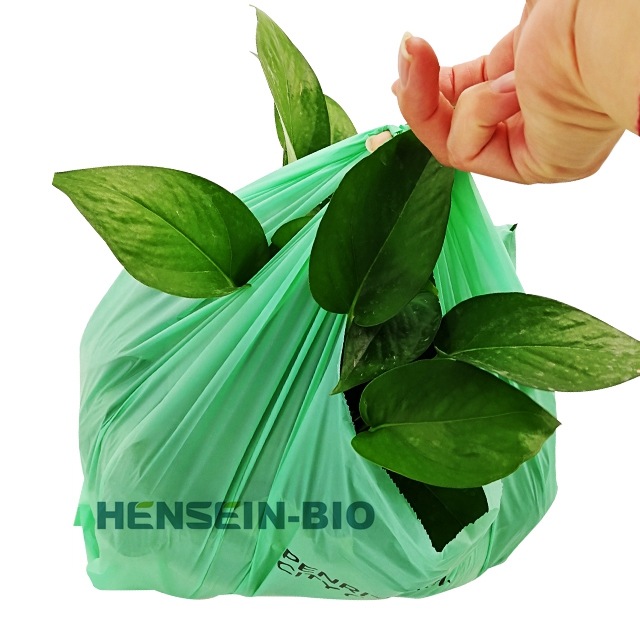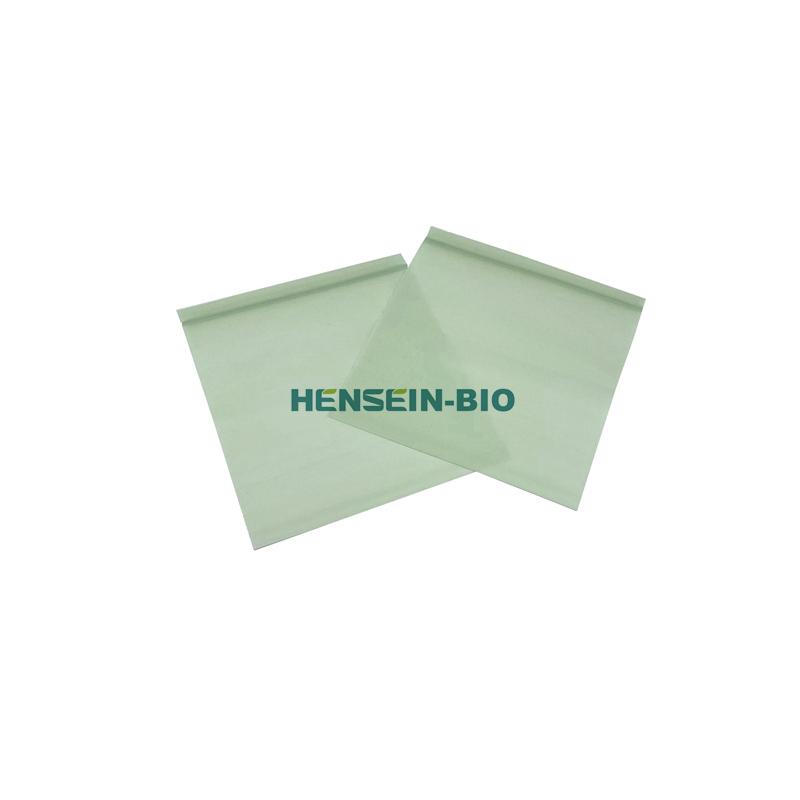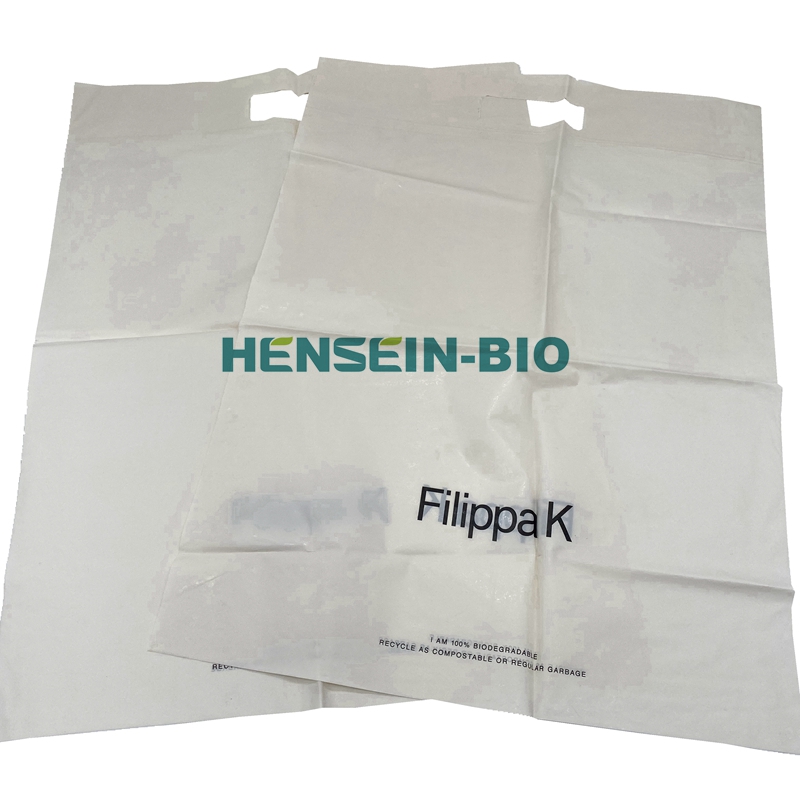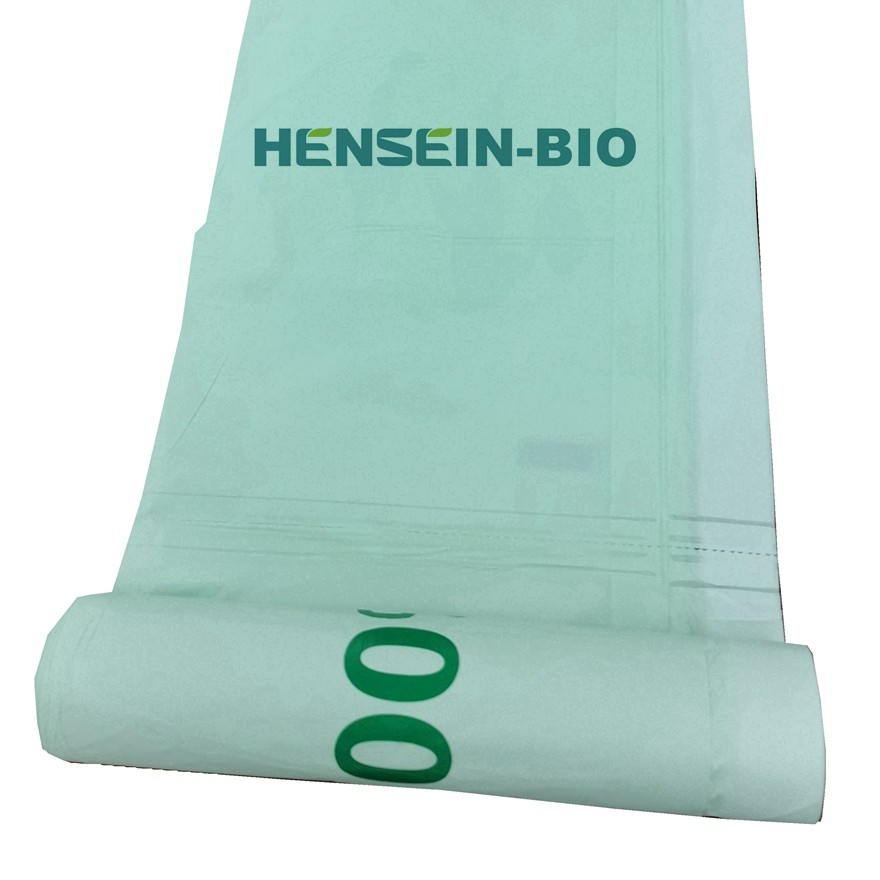
Are certifications the missing link when sourcing biodegradable garbage bags for your business?
For many wholesalers, manufacturers, and suppliers, the challenge of sourcing biodegradable trash bags lies in ensuring compliance with international standards. With increasing plastic ban policies across Europe, North America, and Asia, uncertified products risk rejection, penalties, or consumer backlash. Buyers often struggle to distinguish between genuine eco-friendly solutions and low-quality alternatives. The consequences include wasted investment, damaged brand reputation, and disrupted supply chains. The solution lies in sourcing from factories that meet strict standards such as ASTM D6400 and EN 13432, ensuring global compliance. Huizhou Hensein Bio-Environmental Technology Co., Ltd. delivers certified, customizable products that support market entry worldwide, offering peace of mind and a reliable partnership for large-scale buyers.
Certifications like ASTM D6400 and EN 13432 are crucial for biodegradable garbage bags, proving compostability, ensuring compliance with plastic bans, and building trust among international B2B buyers.
As the global demand for sustainable packaging grows, understanding certification requirements becomes vital. The following sections outline how certified biodegradable bags provide practical solutions and create opportunities for global business expansion.
What is the best biodegradable trash bag? ZeroWaste
The best biodegradable trash bag must combine durability, functionality, and internationally recognized certifications. Many businesses prioritize trusted brands such as ZeroWaste for compliance with compostability standards. Features that define the best include strength for wet and dry waste, odor resistance, and compatibility with household or commercial bins. For example, biodegradable small trash bags and 2-gallon biodegradable trash bags are highly demanded in regions where consumers prefer compact solutions for kitchens or bathrooms.
From a B2B perspective, certifications like ASTM D6400 in the United States and EN 13432 in Europe validate the bag’s compostability under industrial and home composting conditions. This ensures that retailers, supermarkets, and Amazon sellers can confidently market these products without risk of non-compliance. Hensein-Bio supports buyers by offering customizable biodegradable kitchen trash bags in multiple sizes and packaging designs, maintaining certified quality across every shipment. This combination of compliance and customization positions the brand as a reliable supplier for global sourcing needs.
How to properly use compostable trash bags?
Proper usage of compostable trash bags ensures their environmental benefits are fully realized. Unlike traditional plastic bags, these must be handled in ways that promote decomposition. Bags should be stored in a cool, dry place to avoid premature degradation. When used, they should hold organic waste such as food scraps, yard trimmings, or paper products. It is important to avoid filling them with conventional plastics or hazardous materials, as this disrupts the composting process.
In regions with municipal composting facilities, certified bags are collected and processed under industrial conditions, breaking down within months. For households with compost bins, biodegradable kitchen trash bags labeled as home-compostable provide a convenient solution. Buyers sourcing from wholesalers or suppliers must ensure the bags carry recognized certifications, so consumers can use them without confusion. Hensein-Bio offers clear labeling and education support for distributors, ensuring end-users maximize the benefits of compostable solutions while businesses build customer loyalty through transparency.
What defines a biodegradable bag?
A biodegradable trash bag is defined by its ability to break down into natural elements within a reasonable timeframe through the action of microorganisms. Unlike oxo-degradable plastics, which fragment but do not fully decompose, certified biodegradable bags convert into water, carbon dioxide, and biomass without leaving harmful residues. Key standards such as EN 13432 and ASTM D6400 clearly outline testing methods to verify this process under controlled composting environments.
For buyers, the distinction is crucial. A product marketed as biodegradable without certification may not comply with local regulations, risking fines or lost contracts. Certified biodegradable small trash bags and biodegradable kitchen trash bags provide assurance of authenticity and market readiness. Suppliers like Hensein-Bio prioritize strict adherence to these standards, enabling wholesalers and distributors to expand confidently into regulated markets across Europe, North America, and Asia. By offering certified and customizable options, the company ensures both compliance and competitive advantage in a growing industry.
Certifications such as ASTM D6400 and EN 13432 define trust, compliance, and sustainability in the biodegradable trash bag market. For B2B buyers, certified suppliers ensure both regulatory approval and long-term business growth.


